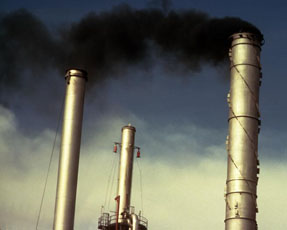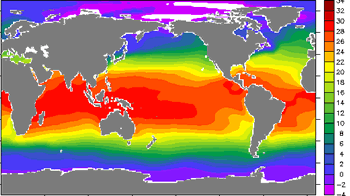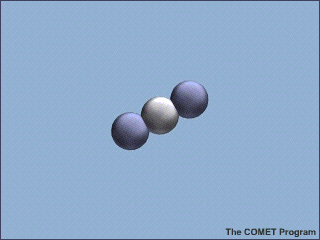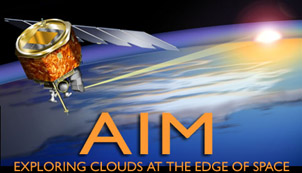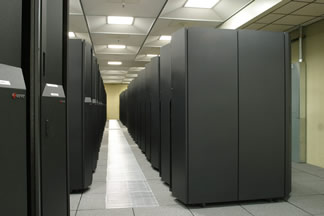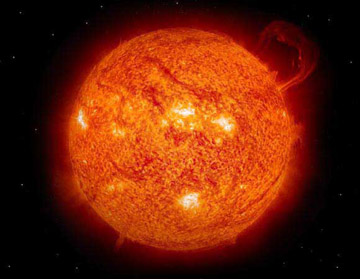Climate Web
Explore how changes in our atmosphere are warming up the Earth. Learn how scientists solve mysteries about how climate change is affecting our planet.

 Special Report on Global Climate Change Impacts in the United States
Special Report on Global Climate Change Impacts in the United States
This report, from the U.S. Global Change Research Program, summarizes the science and the impacts of climate change on the United States, now and in the future.
 Special Report on Climate Change
Special Report on Climate Change
An NSF report on current Earth system science research projects that are attempting to solve the puzzle of climate change.
 Living in the Greenhouse
Living in the Greenhouse
Explore climate, how Earth’s cycles affect climate, the Greenhouse Effect and greenhouse gases, ancient climate changes, climate events and news.
 NCAR Weather and Climate Basics
NCAR Weather and Climate Basics
Explore more about weather and climate by taking a look at this guide to the basics from the National Center for Atmospheric Research.
 Climate System Visualizations from NCAR’s VisLab
Climate System Visualizations from NCAR’s VisLab
Models of the Earth’s climate system powered by huge supercomputers are the basics for these visualizations that show variations in precipitation and other weather through time.
 Ecokids
Ecokids
This is a fun site where you can learn about our environment. Click on the Eco-Info tab where you’ll uncover a treasure trove of climate change and environmental topics to explore.
 EPA Climate Change Kids Site
EPA Climate Change Kids Site
The Environmental Protection Agency has created a website just for kids where you can learn, play games while learning about climate change.
 Climate at the Exploratorium
Climate at the Exploratorium
Learn how researchers study climate change. This site explores our atmosphere, hydrosphere, cryosphere, biosphere, and the predicted global effects of climate change.
 NASA’s Earth Observatory
NASA’s Earth Observatory
This site provides information on our Earth’s climate and environmental change through satellite imagery and scientific information.
 U.S. Global Change Research Program
U.S. Global Change Research Program
USGCRP coordinates U.S. federal research on changes in the global environment.
 Climate Change - the Basics
Climate Change - the Basics
An explanation of climate change from the Science Museum in London, England
 The Intergovernmental Panel on Climate Change (IPCC)
The Intergovernmental Panel on Climate Change (IPCC)
IPCC is a group of scientists from around the world, brought together by the United Nations to assess our understanding and the potential impacts of climate change.






